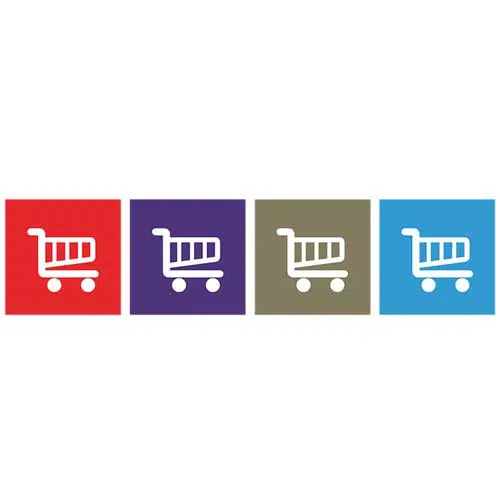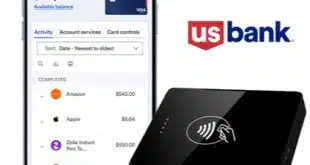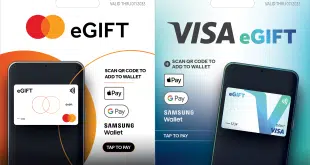On-the-spot installment lending, known now as buy now, pay later, has achieved such a high profile since the onset of the pandemic last year that observers are starting to calculate just how much consumer spending it’s accounting for—and how much risk it might pose for consumers and lenders. A report from the consulting firm Accenture, commissioned by BNPL provider Afterpay Ltd. and released early Tuesday, helps answer the first part of that question.
BNPL has soared in popularity over the past two years as more merchants, online and in-store, start offering the option and as at least some consumers have come to prefer the installment credit plan to traditional credit cards. While BNPL accounts for 0.4% of all U.S. retail spending, its share of online spending is 2%, and in the category of online fashion retail, the option commands a 12% share, according to Accenture’s data.
Indeed, spending on BNPL options has grown 230% since January 2020, easily outpacing expenditures on credit cards (up 8%) and on debit cards (up 43%), the report indicates. At this rate, the providers of BNPL platforms, which have proliferated in recent years, are reaping a rapidly growing share of volume, particularly online. Accenture forecasts its share of e-commerce volume will finish the year at 6%, a proportion that will grow to 13% by the end of 2025.

Up to now, BNPL has been chiefly concentrated in electronics, fashion, home goods, and health and beauty, but there is potential for it to spread to more retail categories, according to the report. The report cites a survey indicating three-quarter of consumers would be “interested” or “very interested” in using BNPL for travel expenses, followed by vehicle repair and maintenance (62%) and ticketing (60%). IPSOS conducted the survey this year among more than 1,000 users of Afterpay’s service, according to the report.
“Unavailability of BNPL in a spend category is the second highest reason a user would choose to use a credit card instead of BNPL, just behind the preference to obtain credit card points,” the report says.
According to the same survey, the top reason consumers have adopted BNPL is the ability to pay in installments. BNPL services typically divide a purchase into three or four equal installments to be paid in a matter of weeks at no interest. “Helps with budgeting” was the second-most cited reason, at 55%. Only 5% cited lack of access to credit. Respondents were allowed to select multiple choices.
While the popularity of BNPL is rising fast, other research is beginning to emerge to indicate a darker side of the trend. Some 14% of users have missed a payment at least once, while 12% have missed more than once, according to a report released this week by Piplsay, a consumer-research firm. The survey found, though, that 74% have been able to make their payments on time. The survey was conducted late last month and elicited nearly 31,000 responses.
Australia-based Afterpay this summer agreed to be acquired by Square Inc. for $29 billion. The deal is expected to close in the first quarter.





